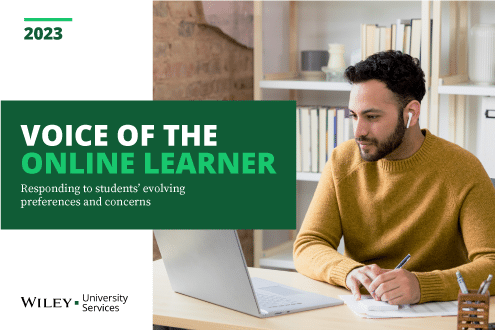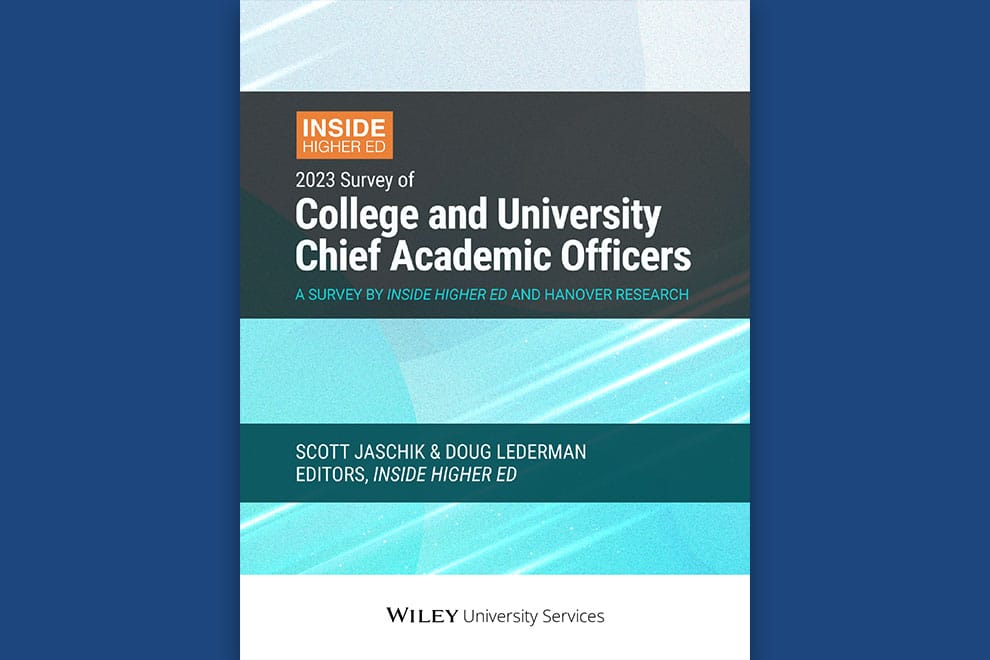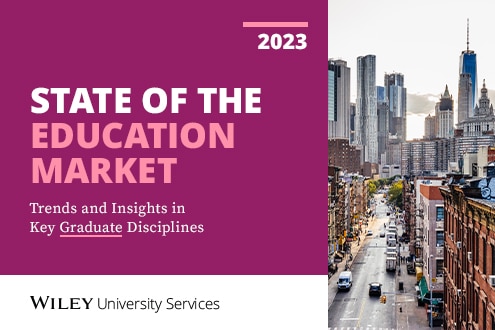An article about why adult learners are different from “traditional” students and how they’re prompting higher education institutions to rethink their models recently appeared in a USA Today special section on College Affordability. It contained an interview that answered several frequently asked questions about the growing adult learner population.
Here are some key points discussed in the interview:
Adult learners are very different from the traditional 18-year-old student population:
Today’s adult learners, such as teachers, technologists, and doctors, all require ongoing education and are primarily focused on gaining specific skills through professional certification to advance their career, however, due to time and flexibility reasons they may not be looking for a full degree program. Instead, they’re looking for learning opportunities that align with both their specific career path and personal responsibilities. Mention that adult learners such as teachers, technologists, doctors all require ongoing education and use “professional certification”
On-ground and full-degree experiences are increasingly less desirable to adult learners:
Many traditional learning experiences offered by higher education institutions don’t address the unique learning needs of adult learners. Instead, adult learners want educational experiences that meet the following criteria: offer flexibility for work and family responsibilities; deliver a very specific set of skills to advance their careers; and allow for faster completion (with consideration for cost).
Institutions can better serve adult learners by tailoring their program portfolio:
Adult learners often want specializations that align with their career goals. Institutions can create unique learning paths for adult students to pursue by looking at their portfolio of expertise and taking a more strategic approach to program development.
Technology can help institutions personalize learning experiences for adult learners:
Because adult learners are often remote and have a different set of needs than the traditional 18-year-old, on-campus student population, they can be harder to engage. Technology tools such as behavioral analytics can provide institutions with the means and information to better communicate with adult learners on their unique terms, thus improving their overall persistence and experience.
To learn more about how adult learners are changing the landscape of higher education and what institutions can do to adapt, read the full article here.
For more insight into additional factors changing higher education, visit our Resources page.


















